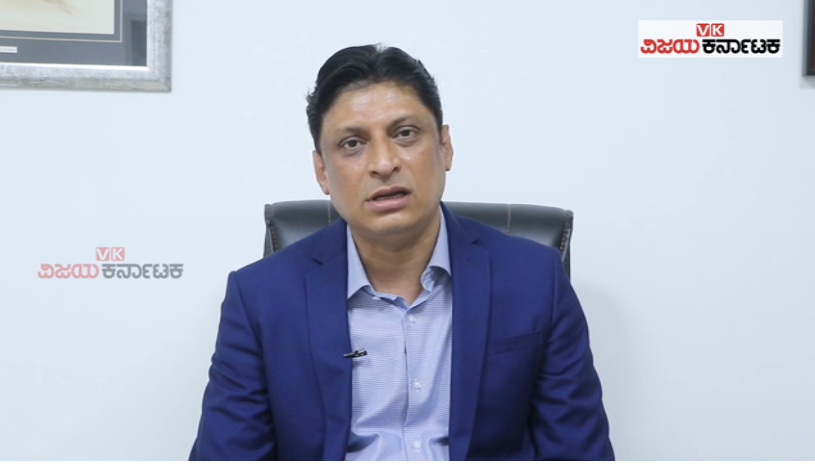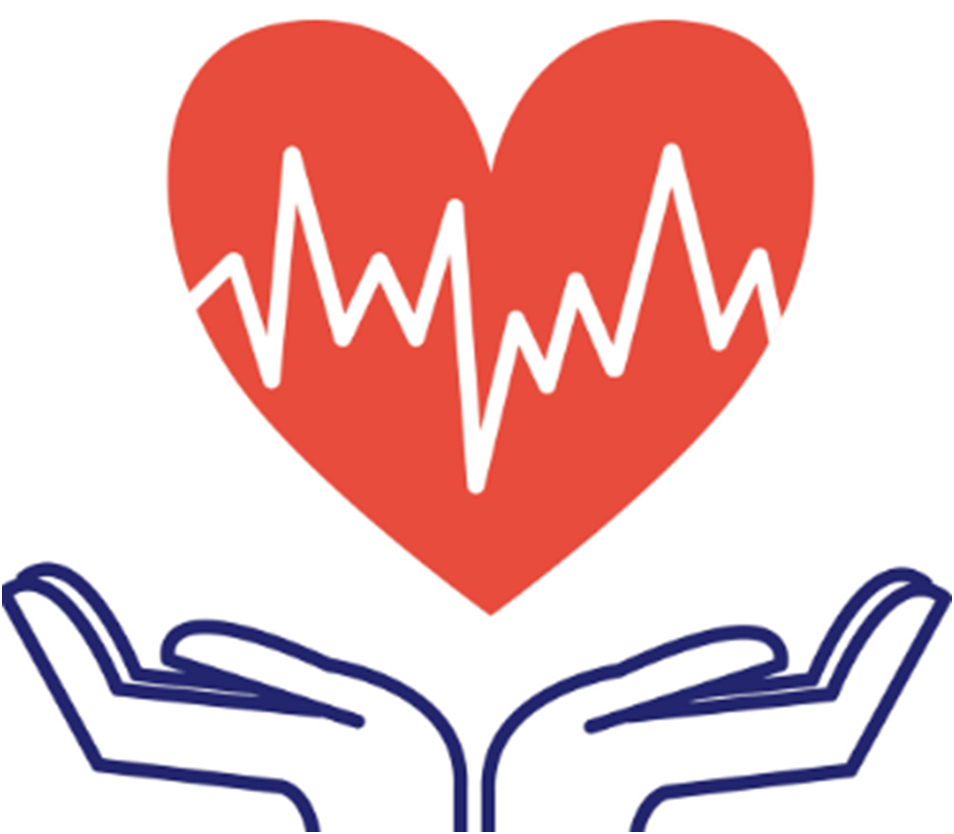ಹೃದಯಾಘಾತ… ರಕ್ತದೊತ್ತಡ ಹಾಗೂ ಮಧುಮೇಹಕ್ಕೂ ಏನು ಸಂಬಂಧ. ರಕ್ತದೊತ್ತಡ ಹಾಗೂ ಮಧುಮೇಹವಿದ್ದರೆ ಹೃದಯಾಘಾತ ಬರುವ ಸಾಧ್ಯತೆ ಇದೆಯಾ? ಇದನ್ನು ಕಂಡುಹಿಡಿಯೋದು ಹೇಗೆ?ಎಂಬುದನ್ನು ವೈದ್ಯರಿಂದಲೇ ತಿಳಿಯೋಣ.


ಹೃದಯಾಘಾತ… ರಕ್ತದೊತ್ತಡ ಹಾಗೂ ಮಧುಮೇಹಕ್ಕೂ ಏನು ಸಂಬಂಧ. ರಕ್ತದೊತ್ತಡ ಹಾಗೂ ಮಧುಮೇಹವಿದ್ದರೆ ಹೃದಯಾಘಾತ ಬರುವ ಸಾಧ್ಯತೆ ಇದೆಯಾ? ಇದನ್ನು ಕಂಡುಹಿಡಿಯೋದು ಹೇಗೆ?ಎಂಬುದನ್ನು ವೈದ್ಯರಿಂದಲೇ ತಿಳಿಯೋಣ.

Last week, a young patient asked whether it was worth purchasing the latest Apple Watch as a way to avoid hospital waits and traffic. While smartwatches with ECG capabilities are impressive technological advancements, they cannot replace consultations with doctors.
Data by itself is of little use unless interpreted correctly. For example, if a smartwatch indicates a high heart rate, which could be a sign of atrial fibrillation, the next steps are unclear. Should the patient experience anxiety or share their findings with a cardiologist? Or should they undergo unnecessary treatment?
IoT is the future of healthcare, and AI and data analytics have opened the doors to a new world where healthcare can be more accessible and affordable. This is especially important in India, where there is a ratio of only 0.7 doctors and 1.5 nurses per 1,000 people, and the number of specialists is insufficient. Studies show that India needs about 88,000 cardiologists, but only has around 4,000.
Cardiovascular diseases are one of India’s most significant killers, with deaths due to these diseases increasing from 1.3 million in 1990 to 2.8 million in 2016. As risk factors for heart disease, such as high blood pressure, high cholesterol, high blood sugar, and obesity, continue to increase, there is a change in the patient profile.
Healthcare providers must integrate technology into clinical processes. To make health data actionable, certain processes must be in place. Technology can aid in diagnosis and remote monitoring, but it does not replace the need for a doctor.
(The author is consultant cardiologist and head of department – cardiology, Sagar Hospitals)


The COVID-19 pandemic has had a profound impact on the world, including the healthcare system. While most of the focus has been on preventing and treating COVID-19, there has been a significant impact on other areas of healthcare, particularly heart care. COVID-19 can have serious implications on heart health, and it is essential to be aware of the potential risks and how to take care of your heart after COVID-19.
COVID-19 and Heart Health
COVID-19 is primarily a respiratory disease, but it can also affect the cardiovascular system, causing heart damage and increasing the risk of heart disease. Research has shown that people with pre-existing heart conditions, such as high blood pressure, heart failure, and coronary artery disease, are more likely to experience severe complications from COVID-19. However, even people without pre-existing heart conditions can experience heart damage from the virus.
COVID-19 can cause inflammation in the heart muscle, a condition called myocarditis, which can weaken the heart and lead to heart failure. It can also cause blood clots, which can lead to heart attacks or strokes. Additionally, the stress on the body from fighting COVID-19 can put additional strain on the heart, which can lead to heart damage.
Cardiac complications can happen even after complete recovery from covid.Hence it makes sense to get a cardiac evaluation on regular basis especially during initial few years after recovery from covid.
Heart Care after COVID-19
If you have had COVID-19, it is essential to take care of your heart to prevent long-term damage. Here are some steps you can take:
Monitor your symptoms: Keep an eye on any symptoms that may indicate heart problems, such as chest pain, shortness of breath, or palpitations. If you experience any of these symptoms, seek medical attention immediately.
Follow up with your doctor: If you have pre-existing heart conditions, it is essential to follow up with your doctor to ensure that your condition is under control. If you develop any new symptoms or your condition worsens, contact your doctor immediately.
Take your medications: If you are taking medications for a pre-existing heart condition, make sure you take them as prescribed. Do not stop taking your medications without consulting your doctor.
Get plenty of rest: Rest is essential for recovery after COVID-19. Avoid strenuous activities and get plenty of sleep to allow your body to heal.
Exercise regularly: Exercise is essential for heart health, but it is essential to start slowly and gradually increase the intensity. Your doctor can help you create an exercise plan that is safe for you.
Eat a healthy diet: A healthy diet is essential for heart health. Eat plenty of fruits, vegetables, whole grains, and lean proteins, and limit your intake of saturated fats, processed foods, and sugar.
Manage stress: Stress can put additional strain on the heart. Find ways to manage your stress, such as meditation, deep breathing, or yoga.
In conclusion, COVID-19 can have serious implications on heart health, and it is essential to take care of your heart after COVID-19. By monitoring your symptoms, following up with your doctor, taking your medications, getting plenty of rest, exercising regularly, eating a healthy diet, and managing stress, you can protect your heart and reduce the risk of long-term complications.